Women are one of the fast-growing demographics in the gun community. What was once seen as something of an old boy’s club has become more diverse, with people of all races, religions, and so on. Women are buying a lot of guns, and that’s a good thing.
Especially since women tend to be more vulnerable to predation by violent criminals, it makes sense that more are buying firearms.
Yet, according to Ms., women are apparently a monolithic group that needs to push toward gun control.
In the United States alone, gun violence kills at least two people every 15 minutes. But hundreds more—especially women—are left injured, disabled and traumatized.
The Trace, a non-partisan group that tracks U.S. gun sales, reports that in January alone just over two million guns were purchased by first-time buyers. Evidence shows that guns fuel the domestic violence epidemic—nearly 60 American women are killed with gun by a current or former partner every month. The fact is that women aren’t safe in their own homes when those homes contain guns.
The state of the relationship between gender and gun control is dismal. Even with this rise of violence against women and louder calls for gun control measures, the conversation in the U.S. has neglected to mention the need to address misogyny and gender–based violence. Internationally, several United Nations actions acknowledge the need for a gendered lens to gun control conversations, which on paper is progress, but feels performative in reality.
Women are disproportionately impacted by guns—so why aren’t they at the table to make policies and decisions to best protect themselves, their families and communities?
First. are women disproportionately impacted by guns? I’m not so sure. More than three-quarters of all murder victims are male, for example, while half the population is female. It seems men are being disproportionately impacted by homicides. Men are also twice as likely to be the victim of a carjacking. This disparity between two very different criminal acts suggests that there’s no reality to the idea that women are disproportionately impacted by guns in the United States.
Second, women aren’t some monolithic demographic that can always be counted on to think exactly the same. There are a lot of pro-gun women out there and not just the big names like Dana Loesch or Rep. Lauren Boebert. They’re out there at all levels of the debate, fighting for gun rights.
After all, they understand that gun control would eventually lead to guns being taken out of their hands, which would make them more vulnerable to violent crime. God may have created all of mankind, but Sam Colt made them equal.
Yet so much of the left-leaning media treats women as if they’re all of one mind about just about every topic. Worse, though, is that they seem to get this. The article even says as much:
- Stop seeing women as one homogenous group. Actively make an intentional effort to ensure women with a wide background of experiences and social, economic and cultural backgrounds are included.
And yet, they seem to think that women are monolithically in favor of gun control.
Ironically, though, the people they’re blasting around gun rights advocates. No, this is directed primarily at the gun control crowd who they believe aren’t including enough women in key positions.
However, it’s hard not to see this as something of an assumption that women want to be part of the gun control debate. They’re ignoring the growing number of women gun owners who are flocking to the firearm community. They know that the best defense against an aggressive male that out masses them significantly is a firearm.
Ms. is a magazine that should start taking its own advice and stop seeing women as one homogenous group. They’re not all in favor of gun control. How about including that discussion to your table for a change?
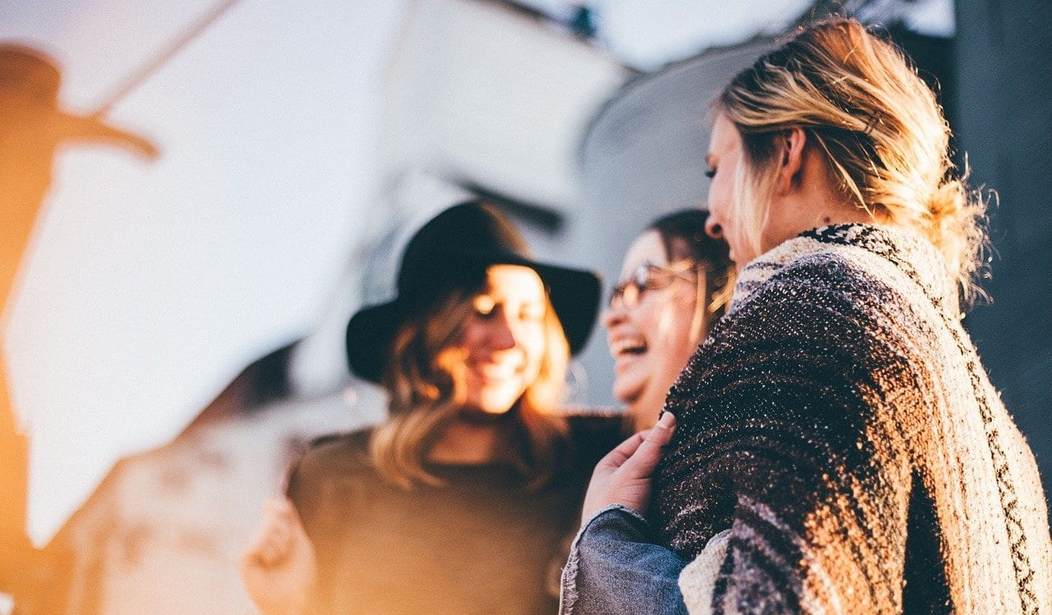
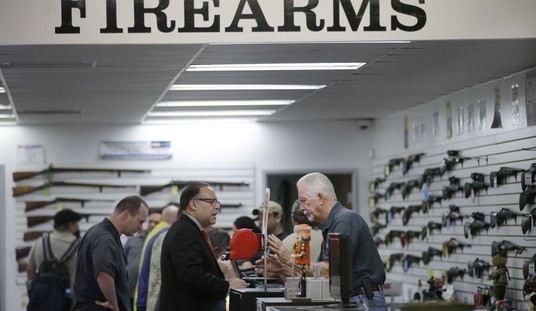
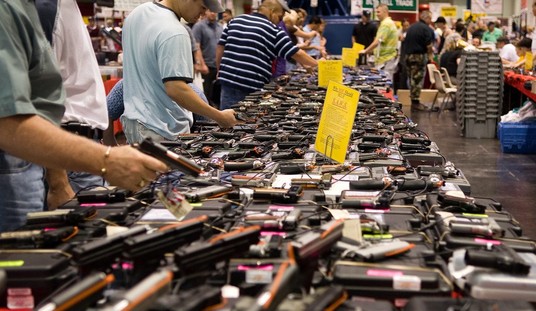
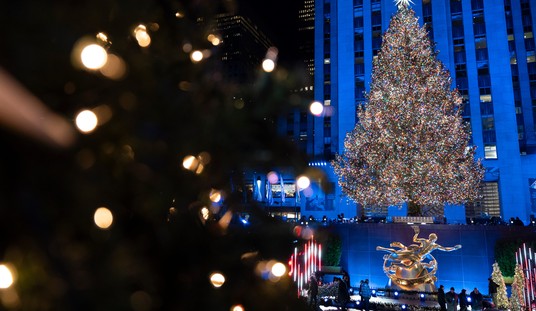



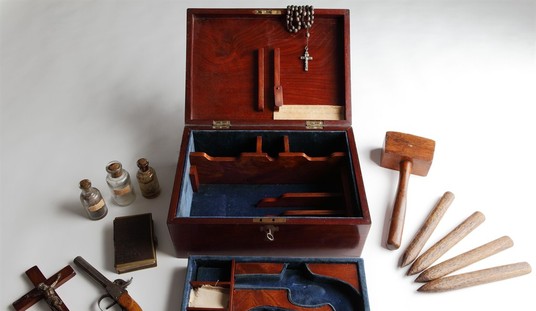
Join the conversation as a VIP Member